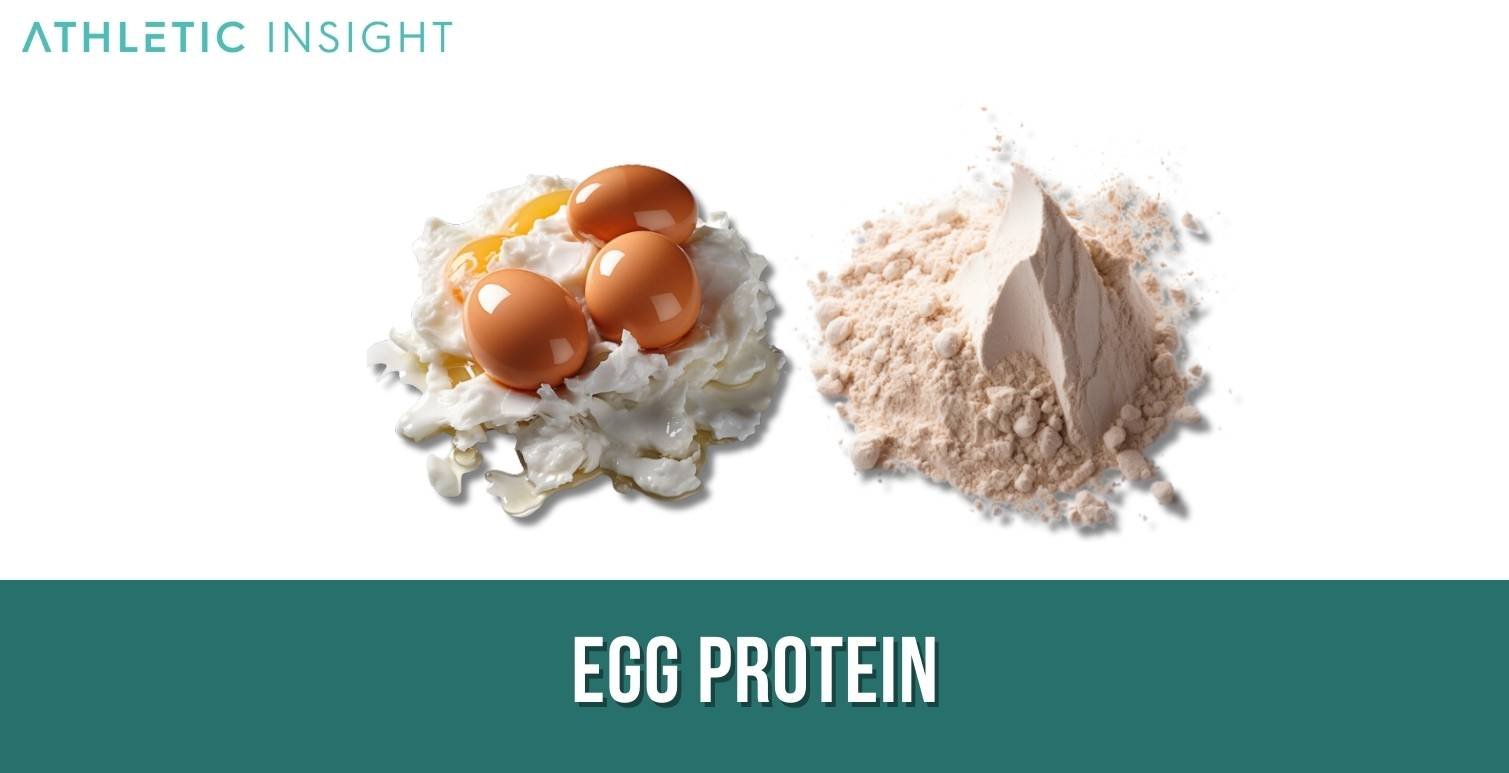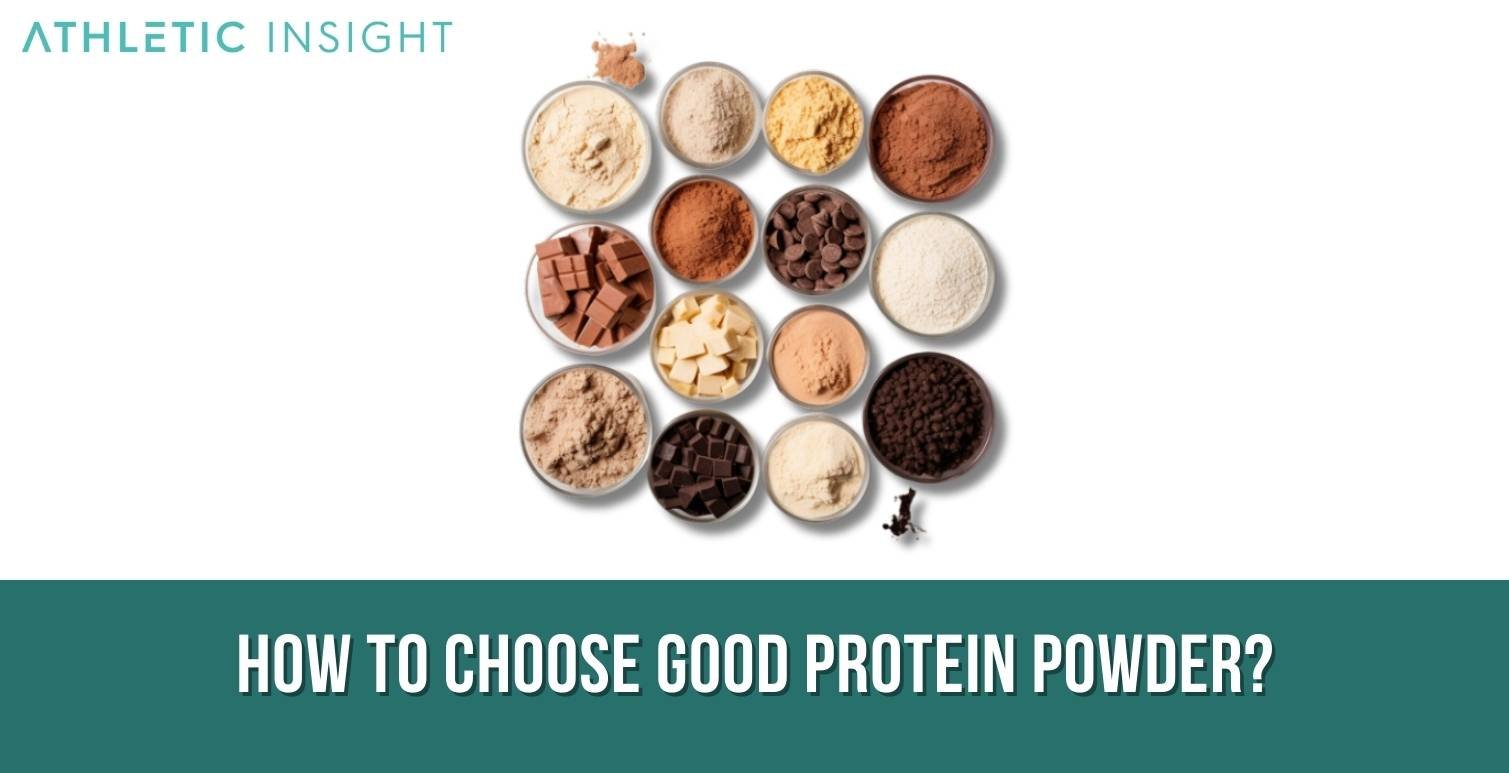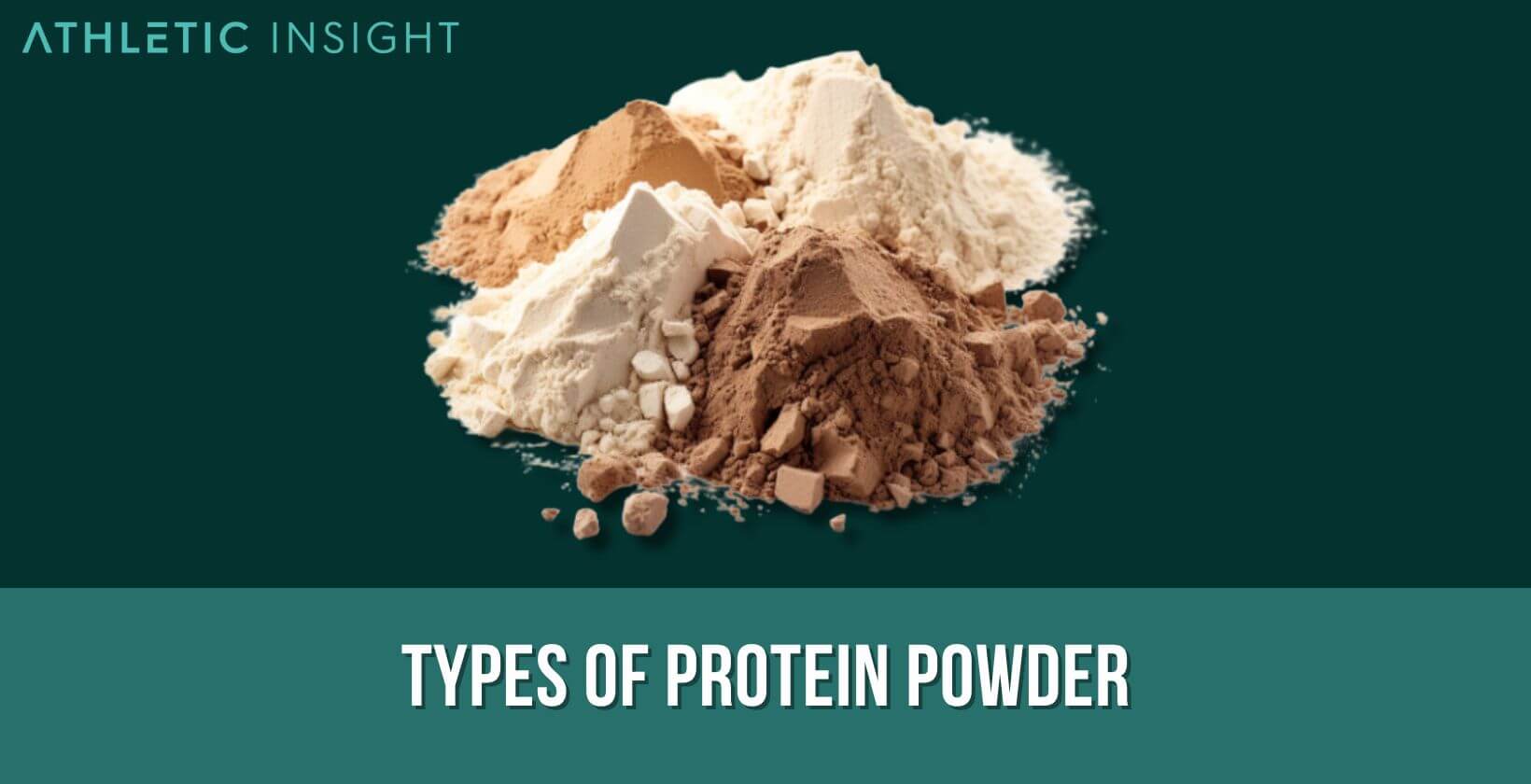Protein powders, a staple in the dietary regimen of fitness enthusiasts and health-conscious individuals, come in many of types, each with its unique set of benefits and drawbacks. These variants are primarily derived from different sources, including dairy, plants, and eggs, and are processed in distinct ways to yield a range of nutritional profiles. The most prevalent types encompass whey, casein, soy, hemp, and pea protein powders, among others.
Whey and casein, both milk-derived proteins, are lauded for their high biological value and comprehensive amino acid profiles. Soy protein, a plant-based alternative, is a popular choice among vegetarians and vegans, offering a complete protein source. Hemp and pea proteins, while not as nutritionally complete as their counterparts, are hypoallergenic and rich in certain nutrients, making them suitable for individuals with dietary restrictions. Understanding these types and their unique attributes is crucial in selecting the protein powder that aligns with one’s dietary needs and fitness goals.
- Whey Protein
- Casein Protein
- Egg Protein
- Pea Protein
- Hemp Protein
- Brown Rice Protein
- Mixed Plant Proteins
- Lactose Free Protein
1. Whey Protein
Whey protein, a byproduct of cheese production, is a potent source of high-quality protein, offering a plethora of health benefits. One of the primary advantages is its contribution to muscle growth and repair. The rich presence of essential amino acids, particularly leucine, makes it a preferred choice for athletes and fitness enthusiasts. It aids in the synthesis of muscle protein, fostering hypertrophy and enhancing post-workout recovery.
Another significant benefit of whey protein is its role in weight management. It promotes satiety, curbing the urge for unnecessary snacking and thus, assisting in calorie control. It also has a high thermic effect, meaning the body expends more energy to digest it, thereby boosting metabolism and fat burning.
Whey protein is also known for its immunoglobulin content, which fortifies the immune system, and its bioactive compounds that may help lower inflammation and improve gut health.
2. Casein Protein
Casein protein, a slow-digesting dairy protein, offers a plethora of benefits. One of its primary advantages is its ability to provide a sustained release of amino acids, the building blocks of muscle tissue. This characteristic makes it an ideal protein source for periods of fasting or between meals, as it can help maintain muscle mass and prevent protein breakdown.
Casein protein has been shown to enhance muscle recovery and growth during sleep, making it a popular choice for athletes and fitness enthusiasts. Another notable benefit of the best casein protein is its high calcium content, which contributes to bone health.
It also contains bioactive peptides that have been linked to various health benefits, including improved immune function and digestive health. Casein protein has also been associated with improved metabolic efficiency and fat loss, due to its satiating effect and thermogenic properties.
Lastly, casein protein is a rich source of glutamine, an amino acid that plays a crucial role in muscle recovery and immune function. Thus, the consumption of casein protein can offer a multitude of health and fitness benefits.
3. Egg Protein
Egg protein, derived from the humble egg, is a complete protein source, meaning it contains all nine essential amino acids that the human body cannot synthesize on its own. One of the primary benefits of egg protein is its high biological value, a measure of protein quality that indicates the proportion of absorbed protein that is retained in the body for maintenance and growth. Egg protein scores a perfect 100 on this scale, signifying its superior bioavailability.

Egg protein is rich in leucine, an essential amino acid that plays a pivotal role in stimulating muscle protein synthesis. This makes egg protein an excellent choice for individuals seeking to build or maintain muscle mass.
Egg protein is also low in carbohydrates and fats, making it an ideal choice for those following a low-carb or ketogenic diet. Lastly, egg protein is highly satiating, which can aid in weight management by reducing feelings of hunger and promoting a sense of fullness.
4. Pea Protein
Pea protein, derived from the humble yellow pea, is a powerhouse of nutritional benefits. One of its primary advantages is its high protein content, which makes it an excellent choice for individuals seeking to augment their protein intake. This plant-based protein is replete with essential amino acids, except for methionine, which are the building blocks of proteins and play a crucial role in various bodily functions.
Another salient benefit of pea protein is its digestibility. Unlike other plant-based proteins, pea protein is easily digestible, making it a suitable option for individuals with sensitive stomachs.
Pea protein is also hypoallergenic, meaning it is less likely to cause allergic reactions. Pea protein also boasts a low glycemic index, which can help regulate blood sugar levels and prevent sudden spikes and crashes. Lastly, its rich iron content can contribute to meeting the daily iron requirements, particularly for those following a vegan or vegetarian diet.
5. Hemp Protein
Hemp protein, derived from the seeds of the Cannabis sativa plant, is a plant-based protein source that is gaining popularity due to its numerous health benefits. One of the primary advantages of hemp protein is its comprehensive amino acid profile. It is a complete protein, meaning it contains all nine essential amino acids that the human body cannot produce on its own. This makes it an excellent choice for vegetarians, vegans, and those with dietary restrictions.
Another significant benefit of hemp protein is its high fiber content. Dietary fiber is crucial for maintaining a healthy digestive system, and hemp protein provides a substantial amount of it. Hemp protein is rich in beneficial fatty acids, particularly omega-3 and omega-6. These fatty acids are known for their role in promoting heart health and reducing inflammation.
Lastly, hemp protein is a potent source of minerals such as magnesium, iron, and zinc, which are essential for various bodily functions. Thus, incorporating hemp protein into one’s diet can contribute to overall health and wellbeing.
6. Brown Rice Protein
Renowned for its comprehensive nutrient profile, brown rice protein offers a plethora of health benefits. One of the most salient advantages is its hypoallergenic nature. Unlike other protein sources, brown rice protein is less likely to cause allergic reactions, making it a safe choice for individuals with dietary restrictions or sensitivities. It is also a rich source of essential amino acids, the building blocks of proteins, which are indispensable for muscle growth and repair.
Another noteworthy benefit of brown rice protein is its role in weight management. It has a high fiber content, which aids in promoting feelings of satiety, thereby curbing overeating and assisting in weight loss.
Brown rice protein is a low-glycemic index food, meaning it causes a slower, more controlled rise in blood sugar levels, which can be beneficial for individuals managing diabetes. Lastly, brown rice protein is a plant-based protein, making it an ideal choice for vegetarians and vegans seeking to augment their protein intake.
7. Mixed Plant Proteins
Plant proteins, derived from a variety of sources such as legumes, grains, and seeds, offer a plethora of benefits. Firstly, they are a rich source of essential amino acids, the building blocks of proteins that our bodies cannot synthesize. These amino acids are integral to numerous physiological processes, including tissue repair, immune function, and nutrient absorption. Secondly, plant proteins are replete with dietary fiber, a non-digestible carbohydrate that aids in maintaining digestive health, controlling blood sugar levels, and promoting satiety.
Plant proteins are imbued with an array of micronutrients, including vitamins, minerals, and antioxidants. These micronutrients play a crucial role in supporting overall health, preventing disease, and optimizing bodily functions.
Plant proteins are low in saturated fats and devoid of cholesterol, making them a heart-healthy choice. Lastly, the consumption of plant proteins contributes to environmental sustainability, as they require less water and land resources compared to animal proteins, thus mitigating the ecological footprint of our dietary choices.
8. Lactose Free Protein
Choosing lactose-free protein is particularly beneficial for those who suffer from lactose intolerance or wish to avoid dairy for dietary reasons. This type of protein provides a crucial nutrient without causing the gastrointestinal issues often associated with lactose, such as cramps and indigestion. When opting for lactose-free protein, it’s vital to consider the protein’s origin, like soy, egg, or hemp, which are natural dairy alternatives.
When choosing the best lactose free protein powder, it’s important to assess the product for other health aspects, such as its calorie content, presence of essential amino acids, and lack of artificial additives. People should also match the protein type to their dietary needs and lifestyle, for instance, athletes might prefer a protein with a higher biological value, while someone on a plant-based diet might look for vegan options.
How to Choose Good Protein Powder?
Choosing a high-quality protein powder involves a meticulous examination of several key factors. Primarily, it is essential to scrutinize the ingredient list. You should opt for a protein powder that contains minimal ingredients, devoid of artificial additives, sweeteners, or fillers.

The protein source is another crucial aspect to consider when choosing a good protein powder. Whey and casein, derived from dairy, are complete proteins, while plant-based options like pea, hemp, and rice are ideal for vegans or those with lactose intolerance.
The protein content per serving is a significant determinant. A commendable protein powder should offer at least 20 grams of protein per serving. The sugar content should also be minimal, ideally less than 5 grams per serving.
Lastly, the taste and mixability of the protein powder should not be overlooked. A protein powder that blends well and has a palatable taste will enhance the overall consumption experience. Therefore, by meticulously examining these factors, one can select a protein powder that aligns with their dietary needs and fitness goals.
Which Protein Powder is the Most Effective?
Identifying the most effective protein powder is contingent upon individual nutritional needs and fitness goals. However, Whey protein, a byproduct of cheese production, is often lauded as the most efficacious due to its high biological value and rapid absorption rate.

Scientific studies corroborate this assertion, demonstrating Whey’s superior muscle protein synthesis compared to other protein types. It is replete with essential amino acids, particularly leucine, which is instrumental in initiating muscle growth.
Whey protein is typically consumed post-workout to expedite muscle recovery and growth. The recommended dosage varies, but a common guideline is 20-25 grams per serving, or 0.8 grams per kilogram of body weight daily.
Despite its many benefits, potential side effects should not be overlooked. Overconsumption can lead to digestive issues such as bloating, gas, and stomach cramps. Those with lactose intolerance may experience adverse reactions.
Therefore, it is imperative to consider individual dietary restrictions and consult a healthcare professional before incorporating Whey protein or any of the best protein supplements into one’s regimen.
Which protein powder helps to gain weight?
Whey protein, a byproduct of cheese production, is a potent supplement that aids in weight gain. Its efficacy is substantiated by numerous scientific studies, demonstrating its role in muscle synthesis and recovery. Whey protein is replete with essential amino acids, which are integral to muscle growth and development. Protein powder is also rapidly absorbed by the body, making it an ideal post-workout supplement.
Whey protein is typically consumed in powder form, mixed with water or milk. The recommended dosage varies depending on individual needs, but a common guideline is 1-2 scoops (around 25-50 grams) per day. However, it’s crucial to consult with a healthcare professional before starting any new supplement regimen. While generally safe, excessive intake of whey protein can lead to potential side effects such as digestive issues, nausea, and in rare cases, kidney damage.
Which protein powder helps to lose weight?
Whey protein powder is often touted as the most effective supplement for weight loss. This assertion is substantiated by numerous scientific studies, which have demonstrated that whey protein can aid in reducing body fat by enhancing satiety and increasing metabolic rate. This protein type, derived from milk during the cheese-making process, is replete with essential amino acids that are pivotal for muscle recovery and growth.
Whey protein powder is characterized by its high bioavailability, meaning it is easily and quickly absorbed by the body. It is typically consumed in shake form, either pre or post-workout, to aid muscle recovery and promote lean muscle growth. The recommended dosage varies depending on individual needs, but a common guideline is 1-2 scoops (around 25-50 grams) per day.
Despite its many benefits, potential side effects such as bloating, gas, and stomach cramps may occur, particularly if consumed in excessive amounts. Therefore, it is imperative to adhere to the recommended dosage and consult a healthcare professional if any adverse effects are experienced.
Which protein powder is the most expensive?
The protein powder that holds the distinction of being the most expensive is the Ultimate Nutrition IsoCool Protein Powder. This product, renowned for its high-quality ingredients and advanced processing techniques, commands a premium price.
The IsoCool Protein Powder is a product of meticulous bioengineering, utilizing a cold-temperature process that preserves the integrity of the protein. This process, combined with the use of 100% whey protein isolate, results in a product that is both highly effective and costly.
When compared to other protein powders on the market, the price range of the Ultimate Nutrition IsoCool Protein Powder is significantly higher. For instance, a popular alternative, Optimum Nutrition Gold Standard 100% Whey, is priced at approximately half the cost of IsoCool.
However, the disparity in price can be attributed to the superior quality and processing methods employed in the production of IsoCool. Thus, while it may be the most expensive, the Ultimate Nutrition IsoCool Protein Powder offers unparalleled quality, making it a worthwhile investment for those prioritizing efficacy over cost.
What are the Benefits of Using Protein Powder?
Protein powder, a popular supplement among fitness enthusiasts, offers a plethora of benefits. Primarily, it aids in muscle growth and repair, a process known as muscle protein synthesis. This is particularly beneficial post-workout, when the body is in a catabolic state and requires protein to repair muscle fibers.
Another benefit of protein powder is that it can contribute to weight management by promoting satiety, thereby reducing overall calorie intake. It’s a convenient and efficient way to meet daily protein requirements, especially for those with increased needs such as athletes or individuals on a plant-based diet.
Protein powder can support immune function due to the role of protein in producing antibodies. It can also contribute to healthier skin, hair, and nails, as these tissues are primarily composed of protein. Certain types of protein powders, such as whey, are rich in branched-chain amino acids (BCAAs), which are known to stimulate muscle growth and enhance exercise performance. Thus, the incorporation of protein powder into one’s diet can yield multifaceted benefits, contributing to overall health and wellness.



